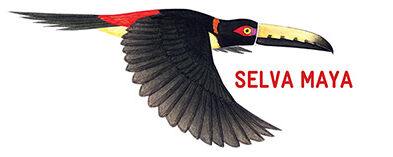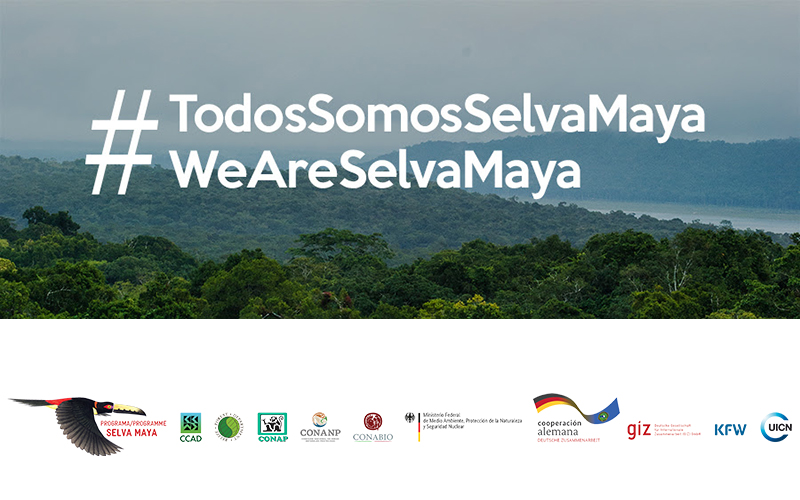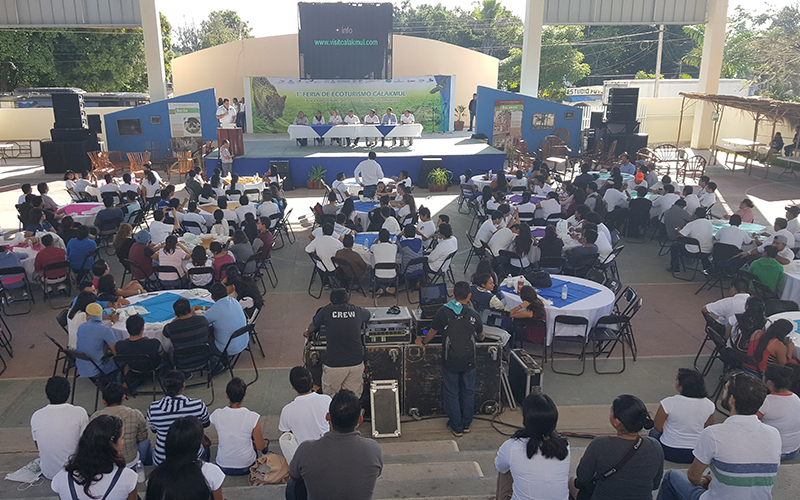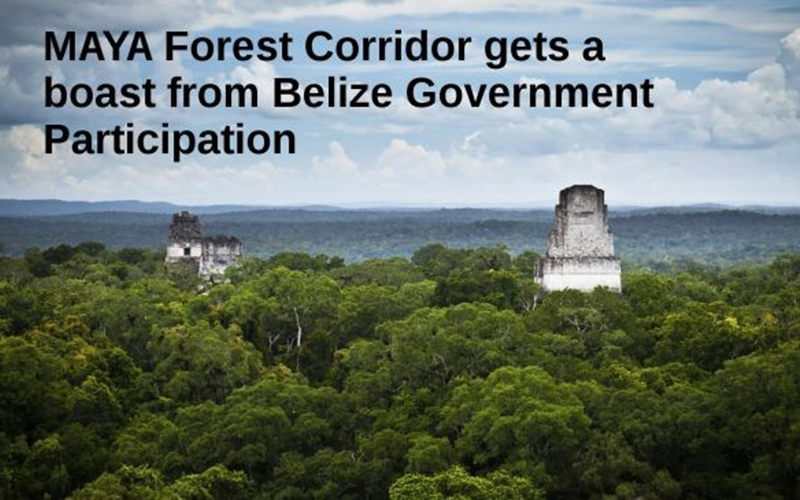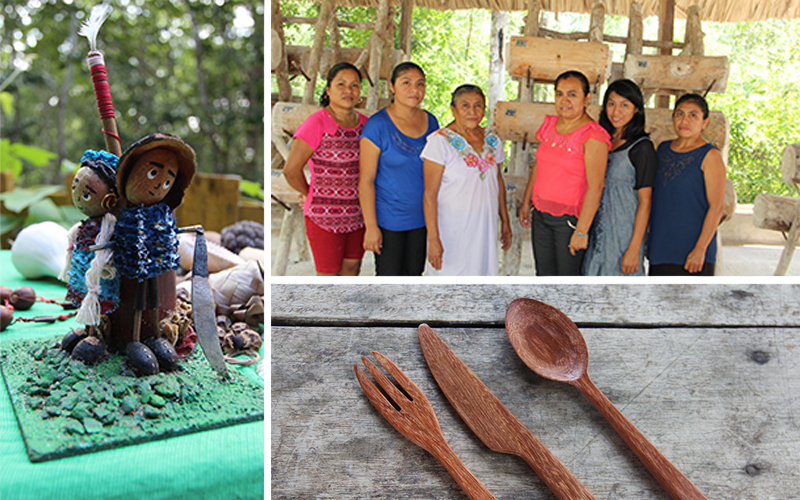At the end of April 2016, directors, deputy directors and technical staff from the border natural protected areas of Belize, Guatemala and Mexico met in Belize to follow up on the 2015 Action Plan, exchange achievements and from there elaborate the Operational Plan for the period 2016 – 2017. During the meeting, which was supported by the Selva Maya Program of the German Cooperation, the representatives of each protected area had the opportunity to present the most important transboundary challenges they are facing, including forest fires, illegal hunting and flora trafficking, among others.
At the level of the 2016-2017 Operational Plan, participants agreed to strengthen cooperation actions in the following areas: 1) wildlife monitoring: this includes, among others, the development of unified monitoring protocols and the water management strategy to ensure permanence of wildlife; 2) capacities strengthening in various areas such as environmental legislation; conflict resolution and use of remote sensing equipment; 3) environmental awareness and education in key border communities; 4) cross-border patrols at binational and trinational levels; 5) control and prevention of transboundary forest fires; 6) development of a communication strategy to expose and share the achievements and challenges in the Maya Forest, and the importance of conserving and making a sustainable use of this ecosystem of global importance. On this last point, the participants agreed to integrate the #TodosSomosSelvaMaya as the media awareness campaign.
Among the main conclusions of this meeting, the participants acknowledged the need to increase coordination efforts among the three countries to reduce existing threats, while recognizing the need for greater support at one political level that accelerates decision making in strategic areas.
Participating instances were: the Program for Belize (PfB), the Forest Department (FD); the Corozal Sustainable Future Initiative (CSFI); the National Council of Protected Areas of Guatemala (CONAP) and the National Commission of Natural Protected Areas of Mexico (CONANP).
